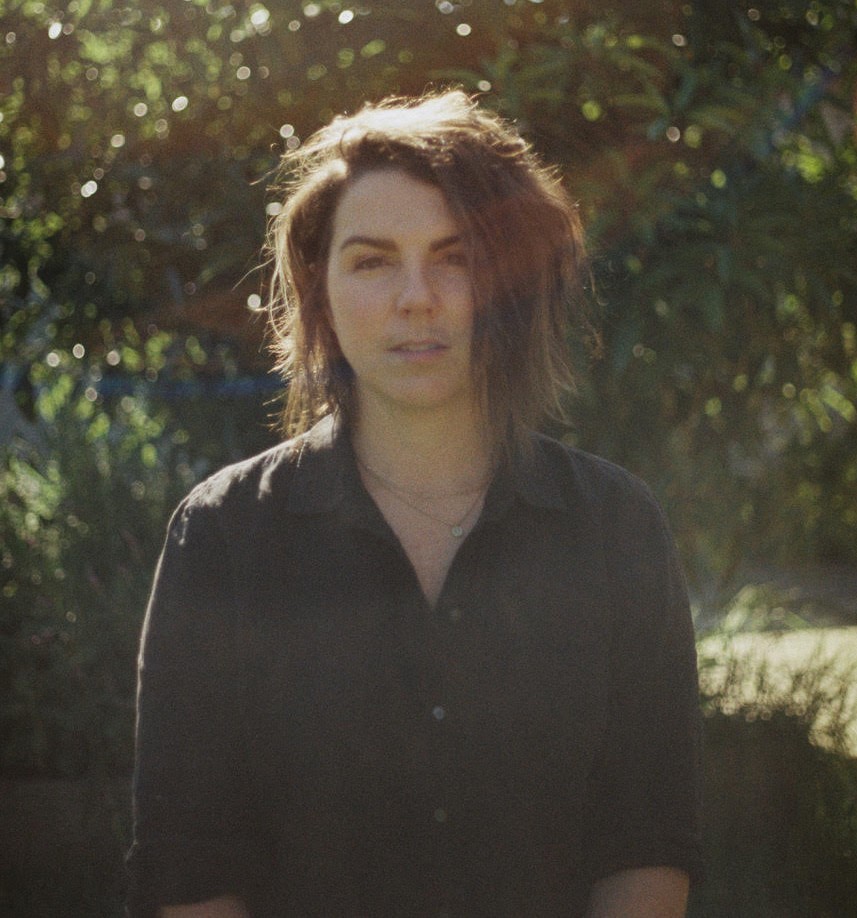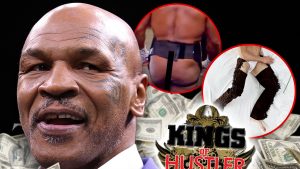Meet the Judges of the 2023 Rachel Funari Prize for Fiction: Kate Mildenhall

meet the judges of the 2023 rachel funari prize for fiction: kate mildenhall
Author Kate Mildenhall
Over the next few weeks, we’ll introduce you to the incredible people who make up the judging panel of the 2023 Rachel Funari Prize for Fiction. Today, meet author Kate Mildenhall.
*
You’ve published two novels – Skylarking (2016) and The Mother Fault (2020) – and have another The Hummingbird Effect out this August. What’s your writing process? Are you a ‘plotter’ or a ‘pantser’? Do you begin with a story or a character, or something else entirely? And how has your writing process evolved over time and across books? Somewhat reformed pantser! Each of my novels has started with a kind of a ‘gift’ of a story seed. A true story for SKYLARKING, an image of a mum with her kids on a boat for THE MOTHER FAULT, a family story of a fire in a Footscray meatworks for my new novel THE HUMMINGBIRD EFFECT.
One thing I’ve learned over time is to keep better track of my process so I now use a process journal where I collect ideas, to do lists, questions, research, whinges and breakthroughs on each novel (I wrote about journaling for the excellent Lee Kofman’s blog). The journal helps me feel like I’m collecting all the relevant stuff to my project in one place, and takes the pressure of the words I put down for my novel. Also really useful to go back to when I feel like I’ve travelled too far from the core of the novel, and incredibly helpful when writing acknowledgements!
You co-host The First Time Podcast, a podcast about the first time you publish a book, with your friend and fellow writer, Katherine Collette. How did this project come about? And what’s the most memorable advice you’ve received from a guest about publishing a debut, and writing more generally?
Back in 2017 when my debut novel had just come out and Katherine was about to publish her first novel The Helpline, we often had conversations about what she could expect. Not only the big stuff – what the editing process would be like, dealing with reviews, how to prepare for speaking gigs – but also questions no one seemed to be asking publicly: Is it OTT to get my hair done for my launch? Do I get a gift for someone who does an in convo with me? Is it true that authors send cakes to their publishers on publication day?*
We decided to have a crack at answering some of those questions on a podcast because we both quite enjoy a chat, and haven’t looked back, for five, going on six years! We always knew we also wanted to have conversations with other writers. In the beginning we had to beg them to come on, now we haven’t got enough spots for all our guests! It’s been a wild ride and we’ve learnt so much.
SO much memorable advice but a recent piece that has been hugely influential was from the brilliant George Saunders who said ‘Learn to revise and don’t be afraid of it.’ Learning how to embrace revision and rewriting has brought so much more joy to the final stages of my current project.
*And yes, the advice from author Mark Smith was definitely send cakes to your publisher on your publication day.
How do you know when something you’ve written is ready to go out into the world?
Great question. One thing I know is that I hold on to it longer than I once did! There’s always a moment, often too early, where we are desperate for someone else to read our work. We think we want their feedback but, often, all we need is for someone to say ‘Keep going! You’re doing great!’. I’m more likely now to do what Anne Lamott describes in her fabulous craft book Bird by Bird; despite there always being ‘escaping octopus legs’ that need to be resolved, when I’ve run out of ‘steam in the pressure cooker’ then I know I’m done and ready to hand my work over for more expert advice (I wrote about this recently in my newsletter, The Bowerbird).
What does a typical working day look like for you?
The joy and frustration of the writing life is that there is never a typical day! I’m currently undertaking a PhD in creative process, editing my third novel, working on the podcast and juggling reading requests, teaching, interviews and events. I try and get in an hour of admin – emails and social media stuff – while negotiating the morning school-run with my kids and partner and then in the hours before the kids get home, attempt to have a few focussed sessions on separate projects – whatever is most pressing. I consider lit events – whether I’m hosting them or attending as a punter – as part of my work, certainly the most fun part! When I’m deep in writing a novel, I’ll often spend time away from home on writing retreats because I can get so much more work done and free up more time for family commitments when I get back.
The Rachel Funari Prize for Fiction calls for stories by women and non-binary writers. What’s your view on diverse representation in publishing?
Diversity and inclusion are crucial aspects of the publishing industry, particularly seen through an intersectional lens, whether it’s cultural background, gender identity, sexuality, or disability. Initiatives like the Rachel Funari Prize for Fiction create an important platform to recognise some of these voices. We must all actively work to create spaces for such voices to be heard and valued and continue to demonstrate commitment to an inclusive and equitable publishing landscape.
What comes to mind when you think of our 2023 theme, ‘revolt’?
Total joy! My next novel is concerned in part with unions and labour and so I’ve spent the last four years immersed in looking at ways in which people collectivise and rise up against the powers that be. I’m excited about all the sizzling possibilities as writers approach this theme.
What do you think makes a great short story?
When the reader feels like they’ve been given access to a tiny slice of a whole world that is carrying on without knowledge that we are peering into it.
That feeling of intimacy alongside a writer who is confident building that world.
An ending which feels like a chord resolving.
I’m a lover of short fiction – from experimental to quiet to contemplative to high drama. As long as you suck me in completely to the story, I’m yours.
Let’s talk books. What’s the last book you read? What are you currently reading? And what’s on your TBR pile?
The last book was NIGHTBITCH by Rachel Yoder who I had the pleasure of interviewing for the M/OTHER Festival. Brilliant. Highly recommend. (And to get in a cheeky extra recommendation – great to read alongside THE SCHOOL FOR GOOD MOTHERS by Jessamine Chan)
Literally just put down the new novel by Stephanie Bishop (The Anniversary May 2023). Read it in one huge gulp – a literary thriller that delves deep into the literary world and the writing process while being a cracking, pacy mystery of sorts.
Up next THE HEART IS A STAR by debut author Megan Rogers who we following all year on The First Time Podcast to get an insight into the rollercoaster of first-time publication.
Is there a writer (or writers!) you admire or books that have influenced your work?
I’m going to narrow this down to writers of short fiction so I don’t go on for pages. These are writers whose work stays with me as a reader and who inspire me to be better and bolder as a writer.
Cate Kennedy, Julie Koh, Elizabeth Tan, Carmen Maria Machado, Laura Elvery, Tony Birch, Maggie Shipstead, George Saunders, Margo Lanagan, Chris Flynn, Alice Munro.
What is your earliest literary memory? And did you have any favourite books growing up?
Reading Anne of Green Gables and The Neverending Story in Grade One and being told I read too much.
What will you be looking for when judging the Rachel Funari Prize for Fiction?
A story that feels like a burr in my brain long after I’ve finished reading it.
*
Entries for 2023 Rachel Funari Prize for Fiction close at 9pm on Friday 21st April, 2023. Submit stories up to 2000 words that engage with the theme ‘revolt’. Visit https://lipmag.com/about/the-rachel-funari-prize-for-fiction/ for all the details.

The sponsors of the 2023 Rachel Funari Prize for Fiction






